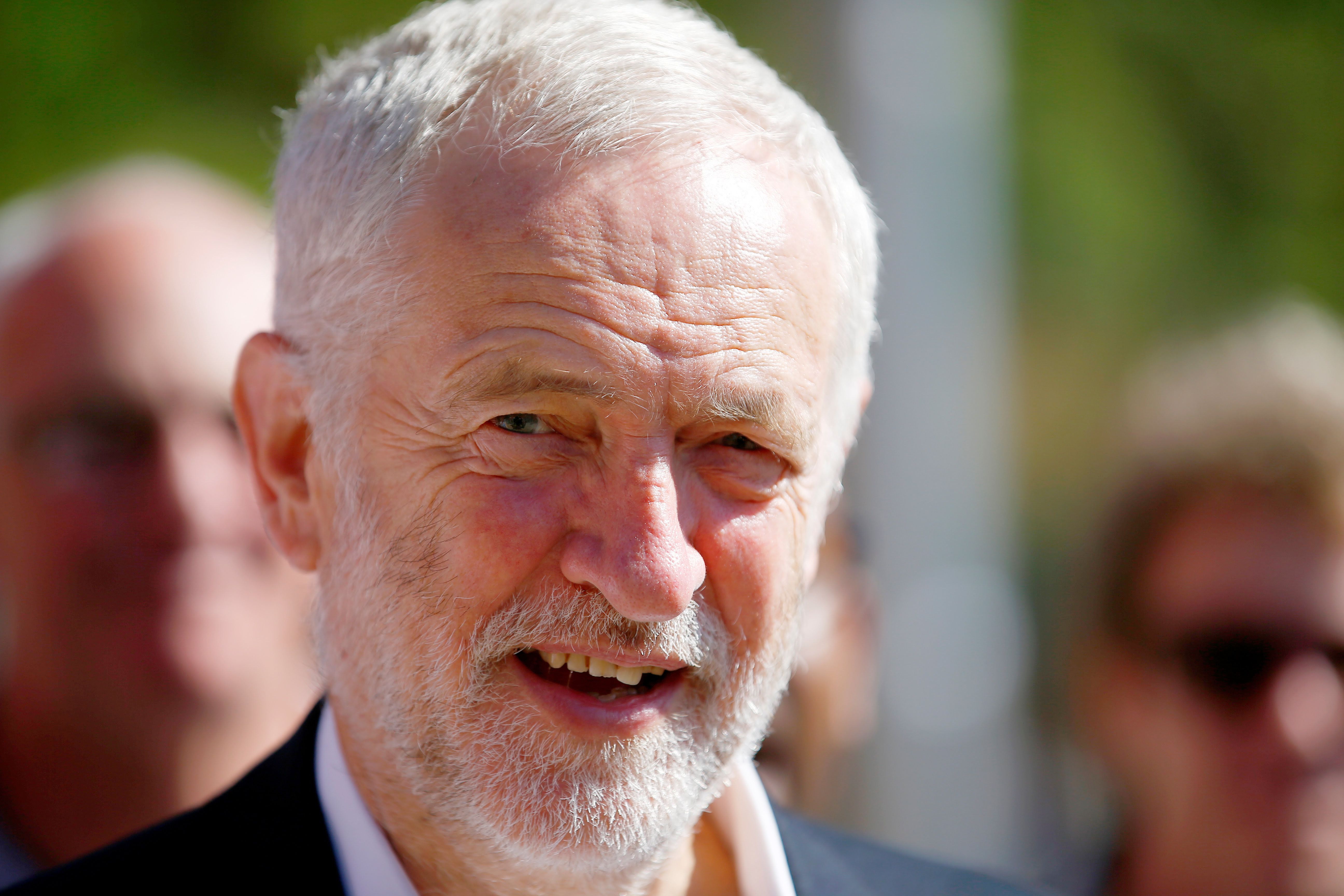These are challenging times to be a center-left labor party. Economic and technological shifts have eroded their traditional blue collar voter bases, and political appeals based on national identity are more vigorous these days than those based on class affiliation.
But the news for labor parties isn’t all bad. Here are Gabe’s snapshots of four labor parties and the lessons they tell us about the outlook for the center-left:
Identity Crisis, UK Labour Party: Rescued from the political doldrums after Prime Minister May’s ill-advised 2017 snap election, the Labour Party has been polling neck-and-neck with the Tories over the past year. But party leader Jeremy Corbyn is a divisive figure: his past communist sympathies and pledges to nationalize industries have put off many within the party’s old guard. Moreover, Labour suffers from the same internal splits over Brexit as their Tory rivals, leaving little room for them to attack the current government on that issue. Caught between past and present, and with no clear position on the biggest issue of the day, the UK Labour Party has a new lease on life, but is still grasping for a new identity with no easy resolution in sight.
The Only Alternative, Australian Labor Party: When your opponents go through three prime ministers in five years, you don’t have to do much more than sit back and watch if you’re the Australian Labor Party. Dysfunction within the ruling Liberal Party has benefited Labor, which is now polling 12 points ahead of their center-right opponents in government. All they have to do is hold on until the new prime minister, Scott Morrison, decides to call for new elections, most likely mid-next year. The bad news is that the forces that are pulling apart the Liberals – increasing right-wing populism – may tug at Labor’s supporters before long as well.
Steadily Losing Ground, Swedish Social Democratic Workers’ Party: In Sweden, the Social Democrats, who’ve rung up first place in every single election since 1917, face their biggest challenge in decades. The far-right Sweden Democrats, who have origins in the country's neo-Nazi movement, are poised to become the largest opposition party in a national election on Sunday, capitalizing on increasing backlash against Sweden’s generous asylum and immigration policies. At the same time, support for the center-left Social Democrats has nearly halved over the past 25 years.
Making Room For A New Face, Brazilian Workers’ Party (PT): In Brazil, the major center-left party, the PT, is still hugely popular, but it faces a crisis of leadership. After their favored candidate, former President Luiz Inácio Lula da Silva (whom Obama once called “the most popular politician on earth”), was jailed on corruption charges and disqualified from running in next month’s presidential election, they’ve turned to Fernando Haddad, a former mayor of Sao Paulo. Polls show that support for Lula is twice that of the next closest candidate, right-wing firebrand Jair Bolsonaro. But Mr. Haddad has been polling in single digits. The challenge for the PT is one many parties face: how to establish loyalty beyond a single transformational figure.
